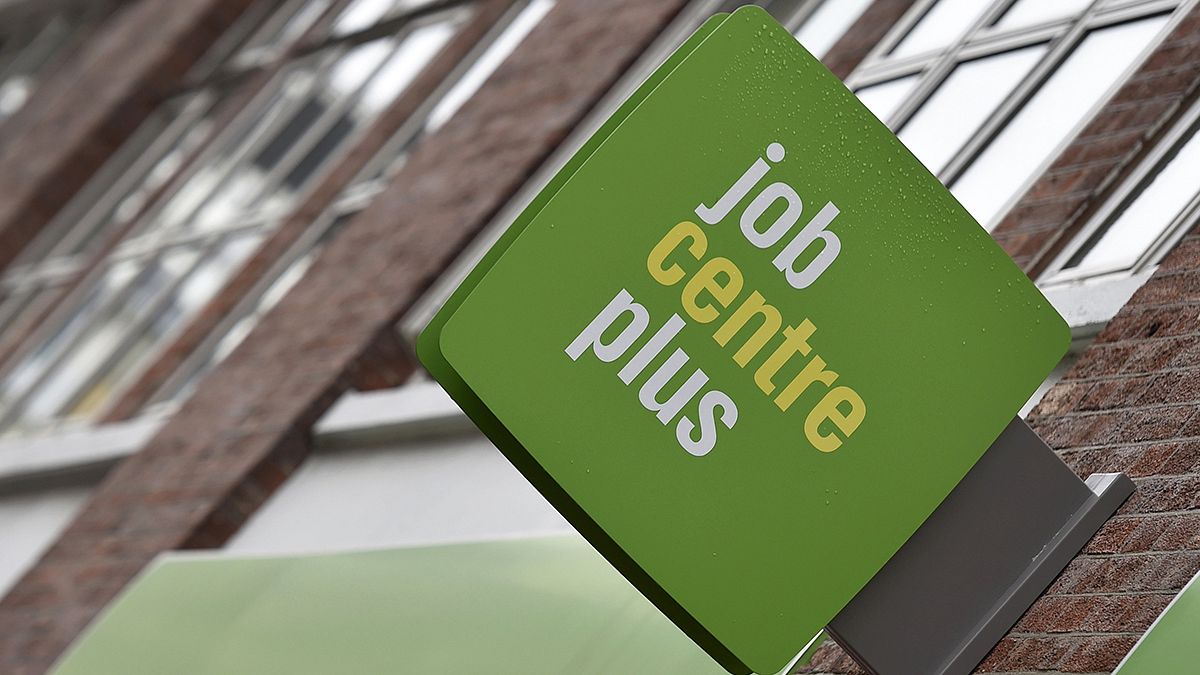The employment rate in Britain hit a new all-time high in the three months to December, but wage growth slowed.
The employment rate in Britain has hit a new all-time high. The number of people in work rose in the three month period up to December having fallen in the two previous monthly reports.
The unemployment rate remained at its lowest in 11 years between October and December at 4.8 percent of the workforce.
31.84m people in work and 1.60m unemployed people for Oct-Dec 2016 pic.twitter.com/PRELhx0dwI
— Richard Clegg (@ONSRichardClegg) February 15, 2017
Britain’s labour market was strong in 2016 despite the referendum decision in June for the UK to leave the European Union.
Weaker wages growth
There was less good news on wages which grew more slowly than previously. The Office for National Statistics said workers’ total earnings including bonuses rose by an annual 2.6 percent, slowing from 2.8 percent in the three months to November.
When adjusted for inflation, the rise in earnings was the slowest since the three months to February 2015.
In December alone, the ONS said total wage growth slowed sharply to 1.9 percent, its weakest pace since February, reflecting fewer bonuses paid than in December 2015.
Living standards under pressure
With inflation rising Britons are likely to see their living standards fall.
“With prices rising faster, real pay growth is now slowing down,” Frances O’Grady, the head of Britain’s Trades Union Congress umbrella group, said. “This will be worrying for families whose have still not seen their living standards recover following the financial crisis.”
British inflation hit its highest level since mid-2014 in January at 1.8 percent and many economists think it will pass 3 percent this year. The Bank of England believes much of the increase is due to the temporary effect of sterling’s fall after the Brexit vote rather than a price-pay spiral.
“The real worry here is the growth in low paid self-employment” Frances O'Grady General Secretary
The_TUC</a> <a href="https://t.co/CRPCH55TtF">https://t.co/CRPCH55TtF</a></p>— BusinessComparison (BizComparison) February 14, 2017



